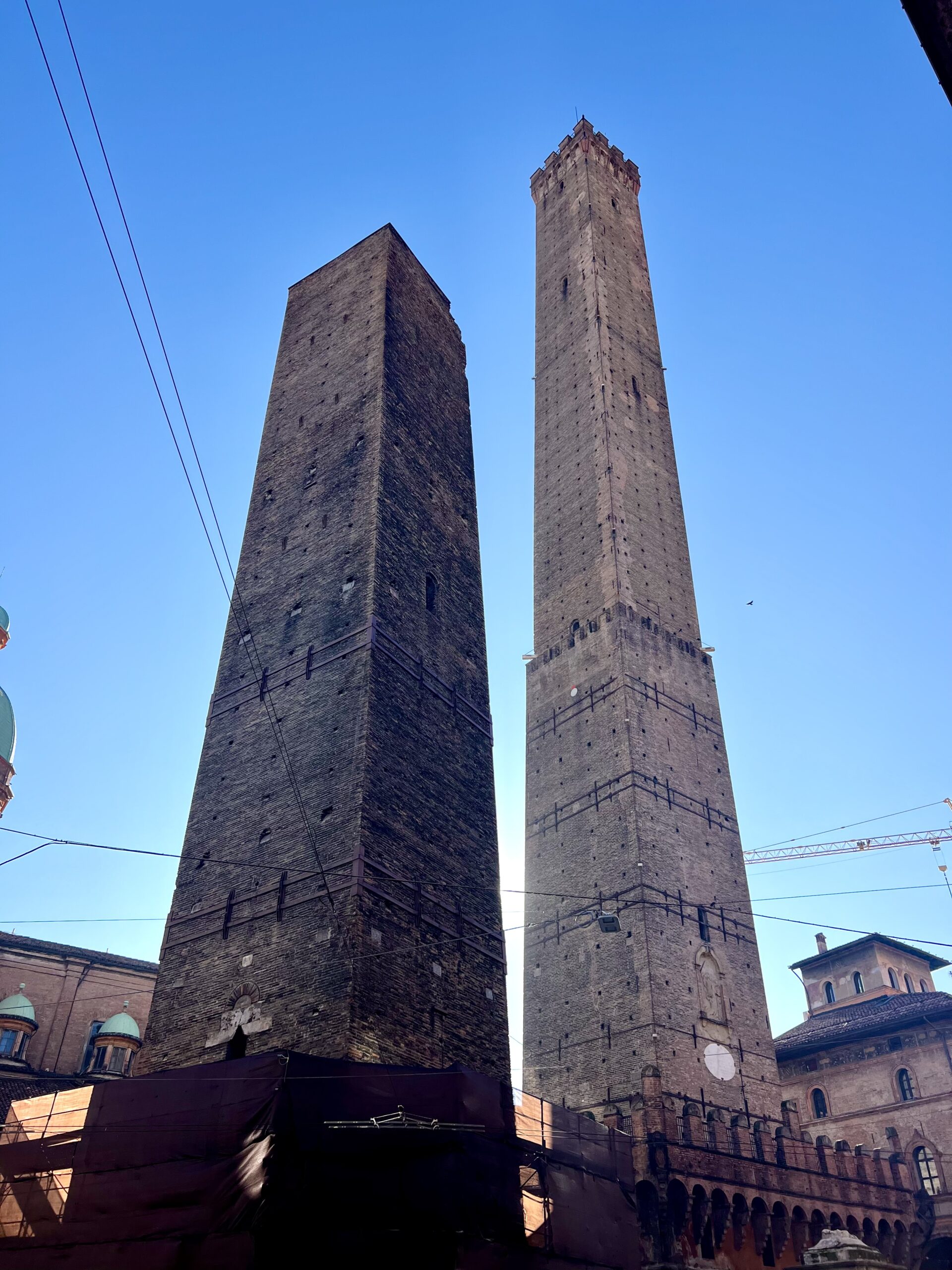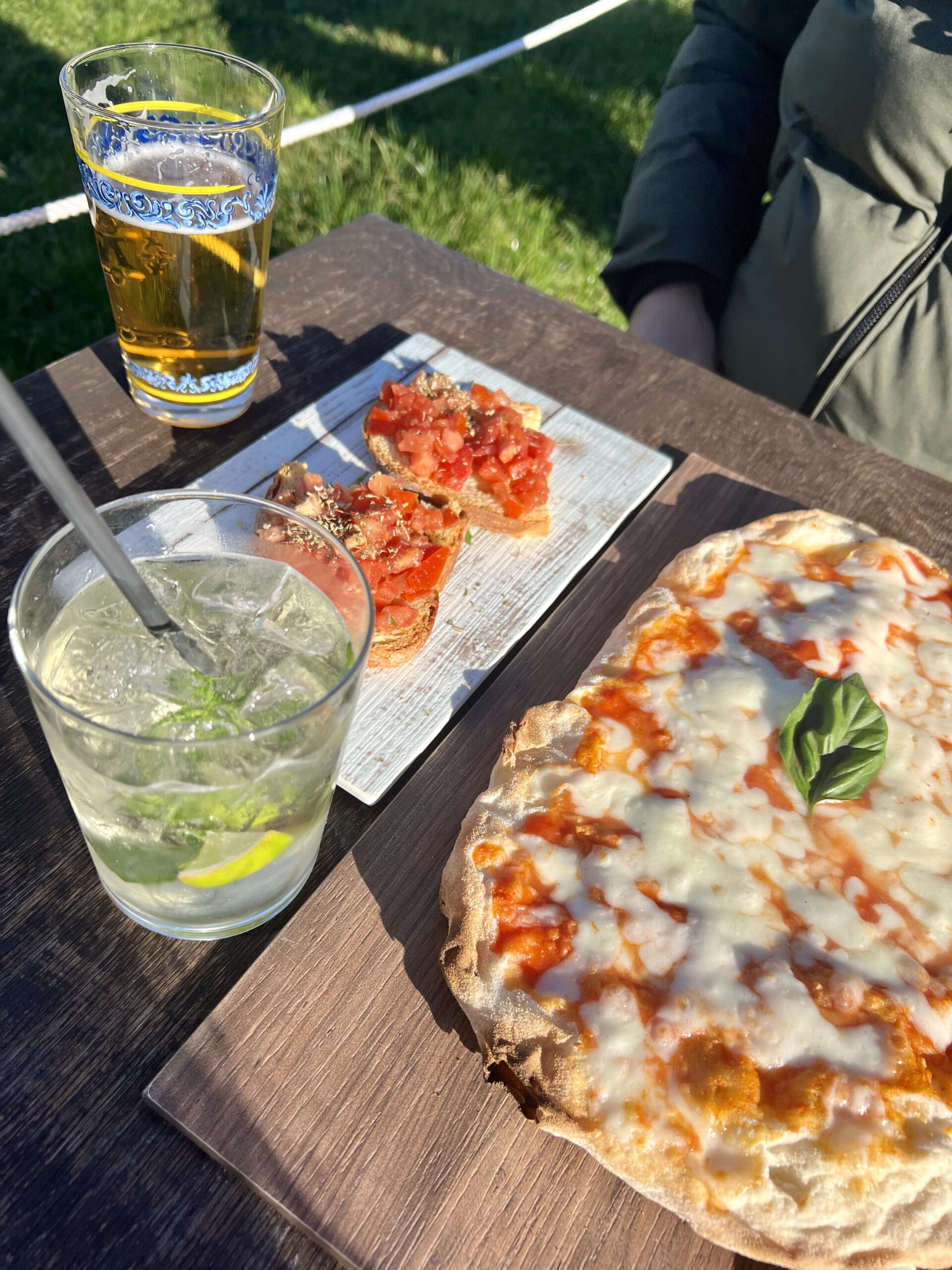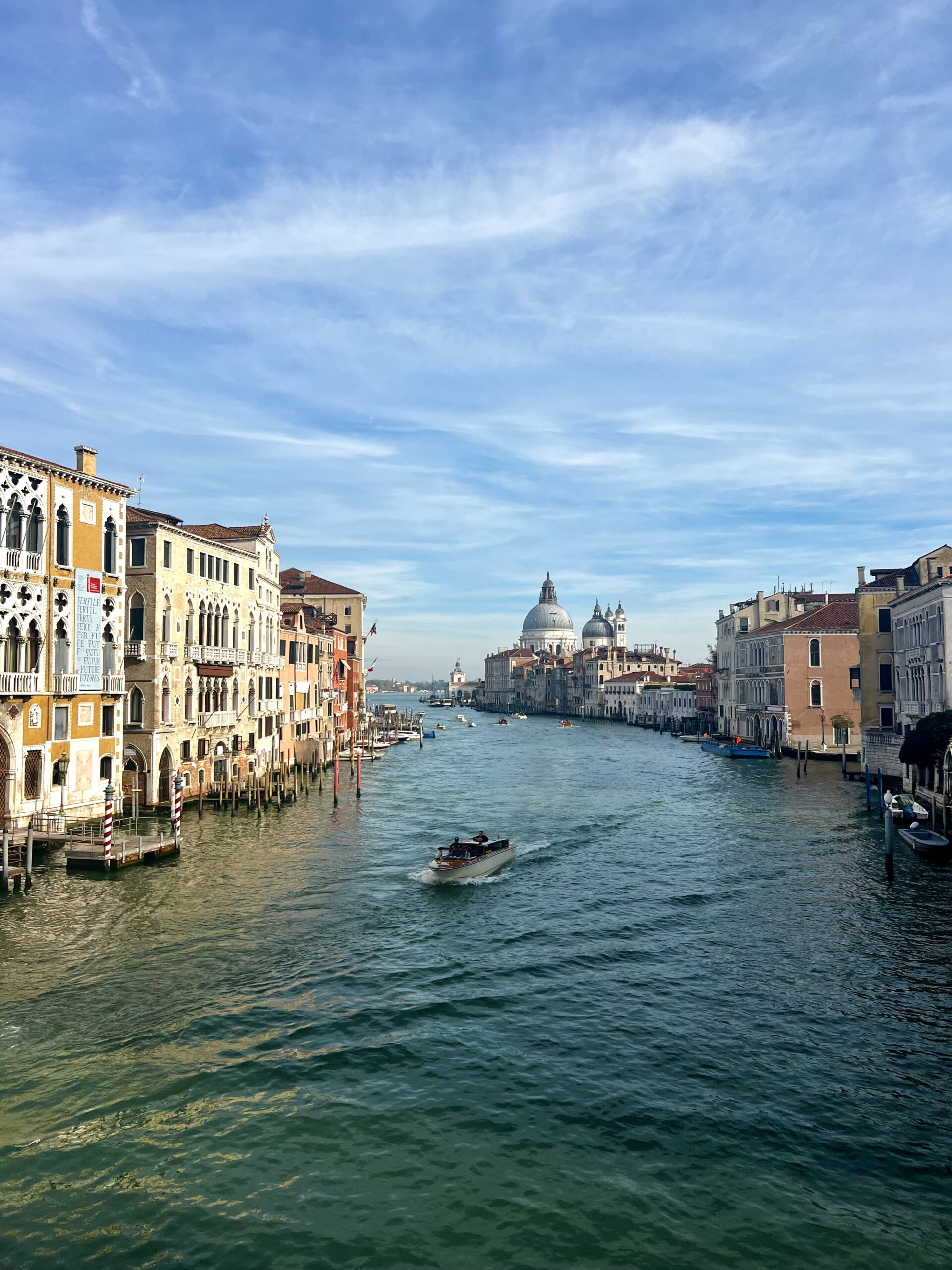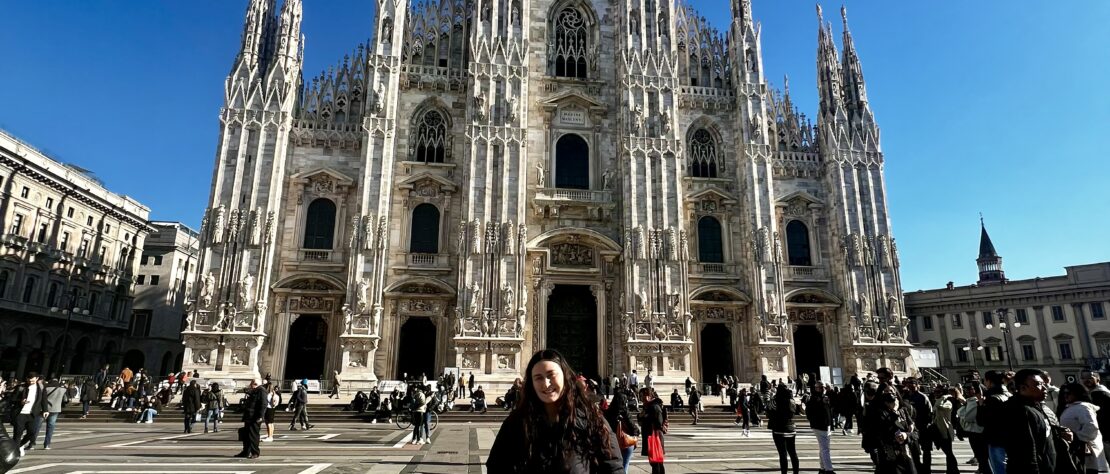Taegan Van Zyl
BCom International Business
Semester Exchange in the Second Semester, 2023 at University of Bologna
Pre-departure:
Exchange in Italy can seem very daunting (but also exciting) before you embark on the journey. The Italian bureaucracy is infamous for its tricky and non-user-friendly processes, but the exchange semester is a transformative, enriching period which I found to be invaluable. There are going to be a lot of admin-related hurdles, but living in Italy was a once-in-a-lifetime experience that I can wholeheartedly recommend if you are looking for a country to spend your exchange semester, or just looking to eat tasty pizza and pasta for 6 months.
If you have a South African passport, you will need to apply for a Schengen visa. Personally, I followed the instruction guide provided by the International Business committee in order to get to the correct webpage to apply for a study visa for Italy. In addition to the study visa, Italy will require you to apply for a student ‘permit’ (also provided by IB communication) which goes hand-in-hand with your visa. This ‘permit’ is required by the Italian Consulate in order to verify your visa, and my study permit was approved first – followed a week later by my visa. It is a great idea to apply for your study visa as soon as you have received the acceptance letter from UniBo as my own visa took about four weeks and I only received it a few days before I flew to Italy. UniBo will provide a rough date for the start of your exchange semester and this can guide you when booking your flight. However, a more accurate starting date can be found by looking at your module timetables on UniBo’s website as this will prevent you from arriving too early.
Finding accommodation in Bologna is a touchy subject as it tends to be 1) very expensive and 2) very difficult to find. I stayed at Beyoo Laude Living Bologna, but I must make a disclaimer that the monthly rent was very pricy and was mostly paid out-of-pocket. The application process was very easy and painless, and the actual facilities at Laude Living were absolutely amazing (even had its own gym and study areas). I do recommend doing some very thorough searching for apartments and making use of Facebook Groups or Erasmus Student WhatsApp groups to find available flats.
ESN WhatsApp group: https://www.esnbologna.org/?q=whatsapp-group
Laude Living Bologna: https://www.beyoo.it/residenza-universitaria/bologna/laude-living-bologna/?gclid=CjwKCAiA8YyuBhBSEiwA5R3-E1ZmMm0anJflFp6T0fp3kIxtblLsIK-6ISseBzhJmlT8XTspHOKunRoCoawQAvD_BwE
The Permesso di Soggiorno (the residence permit) is only applied for and completed once you arrive in Italy. The permit is temporary, and the process is quite long, complicated and technical. You have to obtain this permit within 8 DAYS of arrival in Italy, and so it’s best to go to your nearest Poste Italian (post office) as soon as possible to fill out the paperwork in order to apply for your permit. The documents are all in Italian (no English and no explanation will be provided by the person who hands you your Kit), and so it is easiest to find instructions on a website to make sure you do it correctly. About a month later, you will also need to go to Bologna’s Questura (police station) to do fingerprints and to complete the final steps of the application. Personally, I never received the hard copy of my permit – so it is recommended that you keep the receipt that the Questura will give you after your appointment so that there is proof of your permit application process.
This website can be used to help you for when you arrive in Bologna, and you need to fill out The Kit: (this is not the only website: there are a LOT of websites that you can look at if you do some research)
As you can probably see from the Residence Permit above (which is purely only available in Italian), speaking Italian in Italy is a major advantage. UniBo does offer a language course before classes start, but since it required a level of existing Italian knowledge, I could not take them. I do definitely recommend learning a bit of conversational Italian (at LEAST) before flying to Bologna. Whether that is through Duolingo or YouTube channels, it doesn’t matter: really any knowledge will help!
I highly recommend packing a very thick winter puffer jacket as late December & early January can be very, very cold & icy. Also pack a few of your favourite snacks from home – you will miss those Ouma rusks when you’ve been in Italy for a few months. Also, when booking your accommodation, go onto Google Maps and see how far it is between your flat and the Economics campus to see how far you will be walking each day. Don’t be afraid to use the bus system! It is only 1,5 euros per ticket.
Experience at the Host University:
Do not get too attached to your LA before you get to Bologna… it is likely that it will change (more than once). My own Learning Agreement changed about 11 times. Make sure to read about the specific modules to see if there are limited spaces for a module you would like to take, which just means that you will need to check in as soon as possible. The final list of modules that I took were: Innovative Retailing, Introduction to Italian Culture, International Politics and Global Connections. When classes start, you can speak to or email your professors to see when exam dates are in case you want to leave before January (if you need to get back to do Honours, etc.). Some modules have an exam opportunity in December, whilst others only have one in January or February. I emailed my professors about a week before class to ask about the provisional exam dates.

Bologna
Unfortunately, there is no orientation or welcoming programme hosted by UniBo for the Economics and BusMan students. In all honesty, this does make the process a bit more daunting as it is entirely up to you to find the lecture venues across town and meet people. You will have to make sure you download the lecture timetable on the My UniBo app and then the venues for each lecture will be there. You will be able to do this after you check in (the university does provide more information about check-in via email).
Groceries in Italy are not that expensive! There is a local LIDL on Sebastiano Serlio road where I bought weekly groceries for less than R400 each week. Unfortunately, eating out is quite expensive: the average pizza is between 7 and 10 euros, and a bowl of pasta ranges from 13 to 20 euros. Make sure to look at the regional dish wherever you go in Italy, as some regions specialize in certain pasta types and dishes – which will be the most authentic version of that dish you will find! For example, the regional dish in Bologna is tortellini and tagliatelle al ragu (Bolognese pasta).

An example of the delicious pizza in Italy!
It is also very, very easy to travel across Italy. There are many trains that you can use to travel around the country, and Bologna is a very central town in Italy. These trains are not that expensive, ranging from 20 to 40 euros. Perfect for a day trip! If you book in advance, flights will also not be very expensive. You can find flights for under R1 000 to places such as Berlin, Brussels and Amsterdam if you plan well and book about 2-3 months in advance. Make sure to insure your flights! Sometimes they do get cancelled.

Venice
Return to Stellenbosch:
Returning to Stellies has been an interesting experience. On one hand, you grow so much during exchange and you come back a completely different person. On the other hand, it is really heartwarming to be home and back with loved ones. I checked out from UniBo about a week after I returned to South Africa, and exchange has made me really appreciative of our beautiful country and her people.

